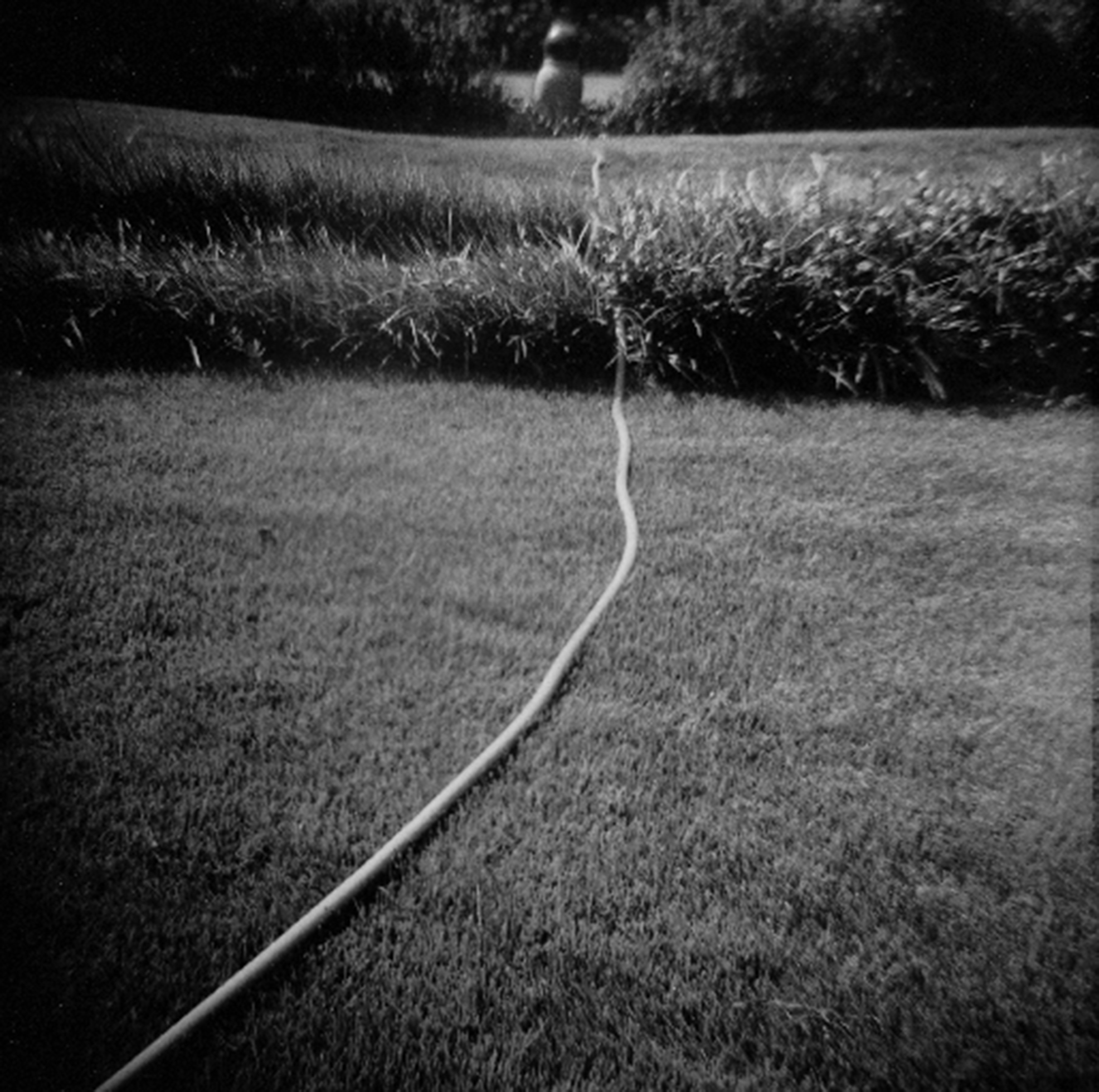This selection is available to active subscribers only.
Already a subscriber? Sign in.

Reading Michael Pollan on the effects of marijuana [“The Botany of Desire,” May 2003] has inspired me to share my own experience of what the drug does. I was an occasional user (parties only) who last smoked fifteen years ago. I always learned something from it — every time. I attribute this to two facts: 1) I first smoked it when I was twenty, not twelve; and 2) I never smoked it daily, or even weekly. It was always on a special occasion.
Marijuana allowed my mind to focus totally on one sensation or train of thought. Normally we tune in to a lot of things at once. This is practical in the Darwinian sense, as it enables us to shift our attention quickly if one particular sight or sound becomes a threat. But it also makes our experience blurred and vague; the course of our thoughts is constantly corrected by different perceptions.
Marijuana enables a powerful, spot-lit concentration; every competing sense or thought goes dark. I remember wandering around in the architecture of jazz, or bathing my whole being in vanilla ice cream. I also became aware of my mind as skating on two-dimensional ice while my consciousness, ancient as a coelacanth, watched impassively from beneath. Marijuana leaves little or no room for the survival-oriented “monitoring” function of the straight mind. Anyone who has ever tried to “act straight” to fool a cop or parent, however, knows that the monitoring function can sometimes be reactivated by a great effort or a great scare.
I would suggest to the scientists studying endogenous cannabinoids that they may enable concentration, as well as forgetting. While this may seem paradoxical on the face of it, it is only by selective forgetting that we are able to focus our attention, and so to love, achieve, and create.